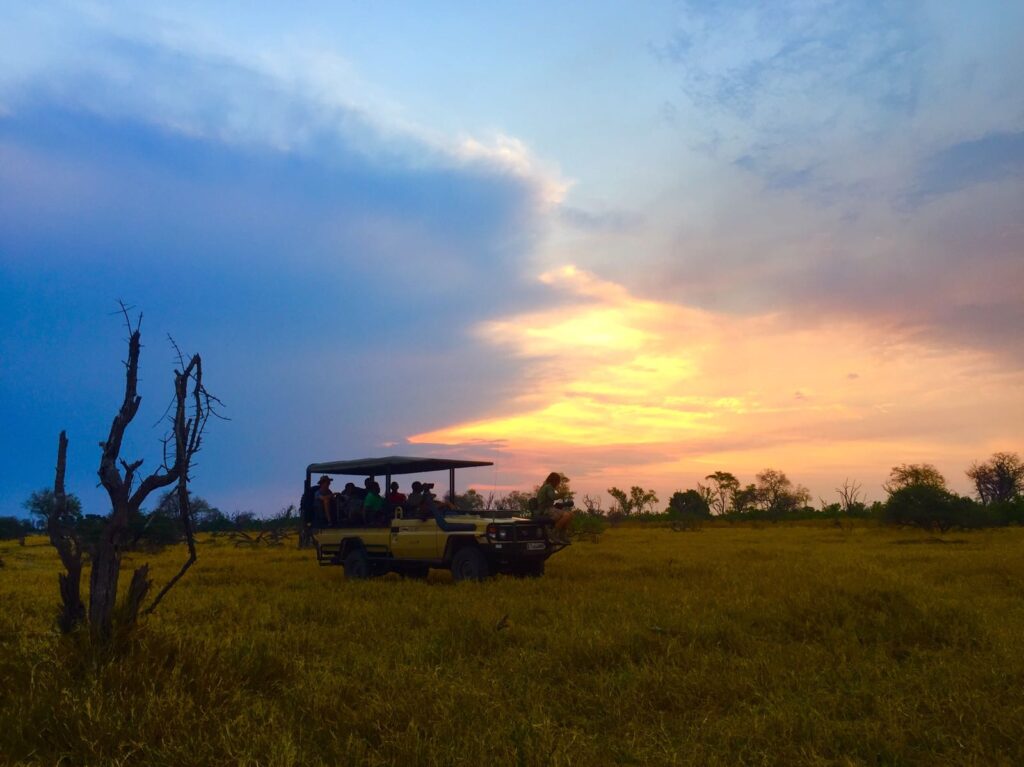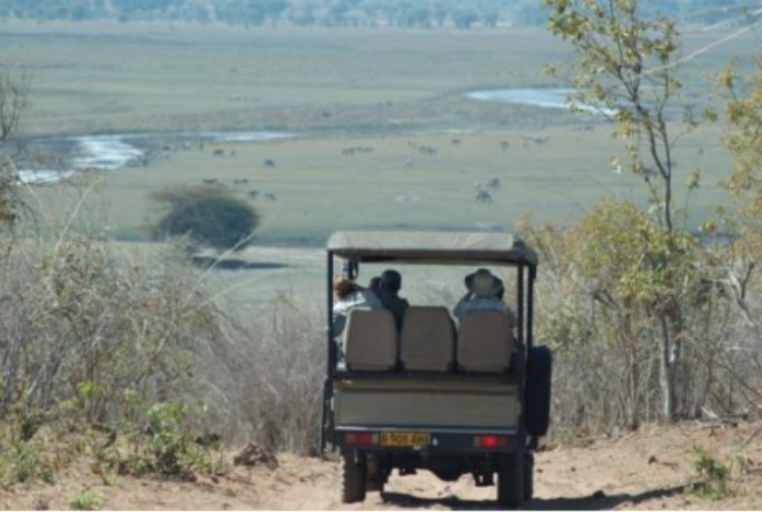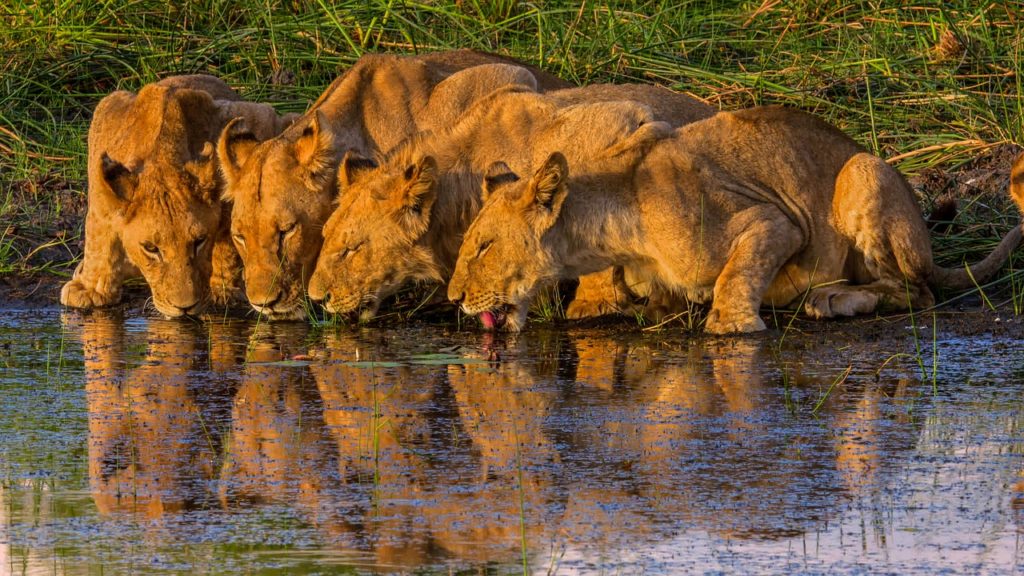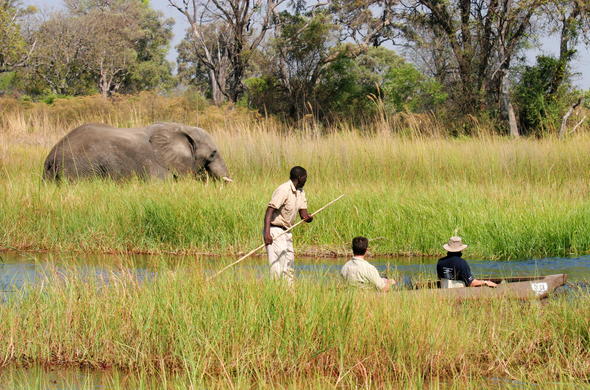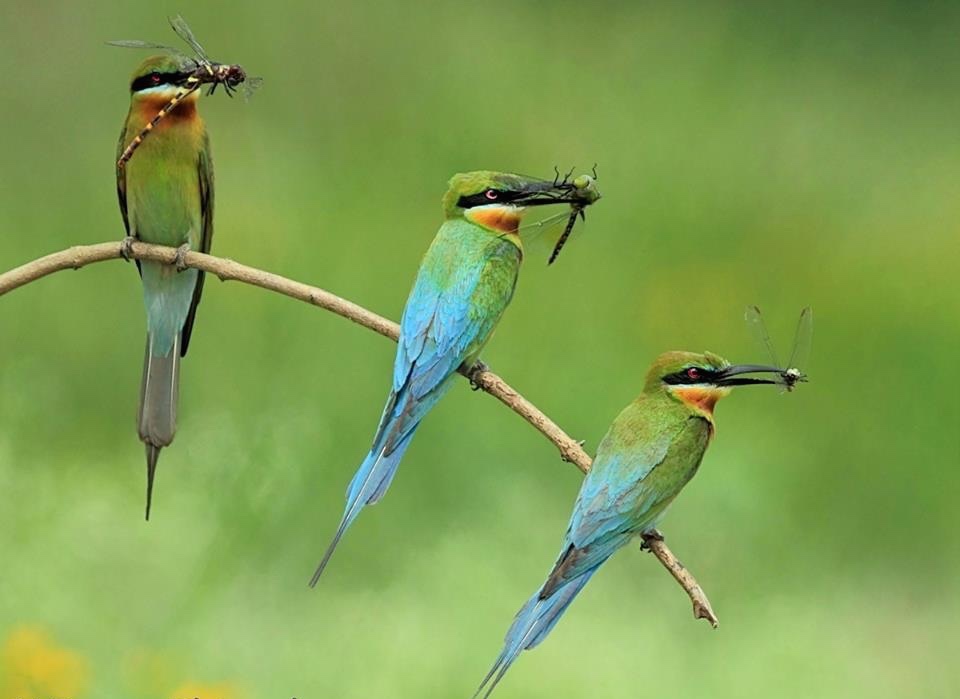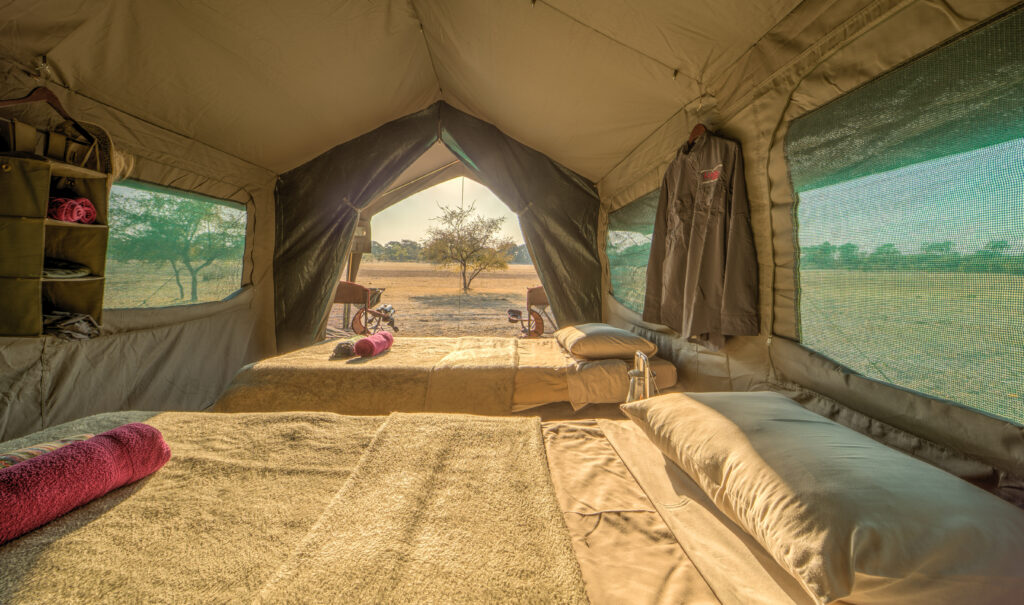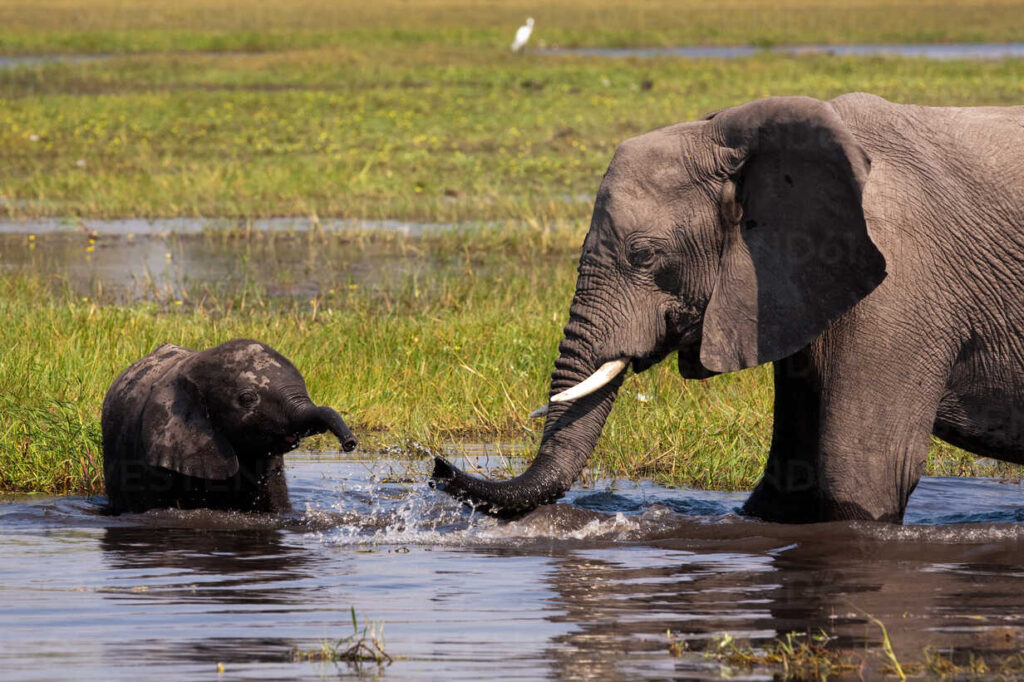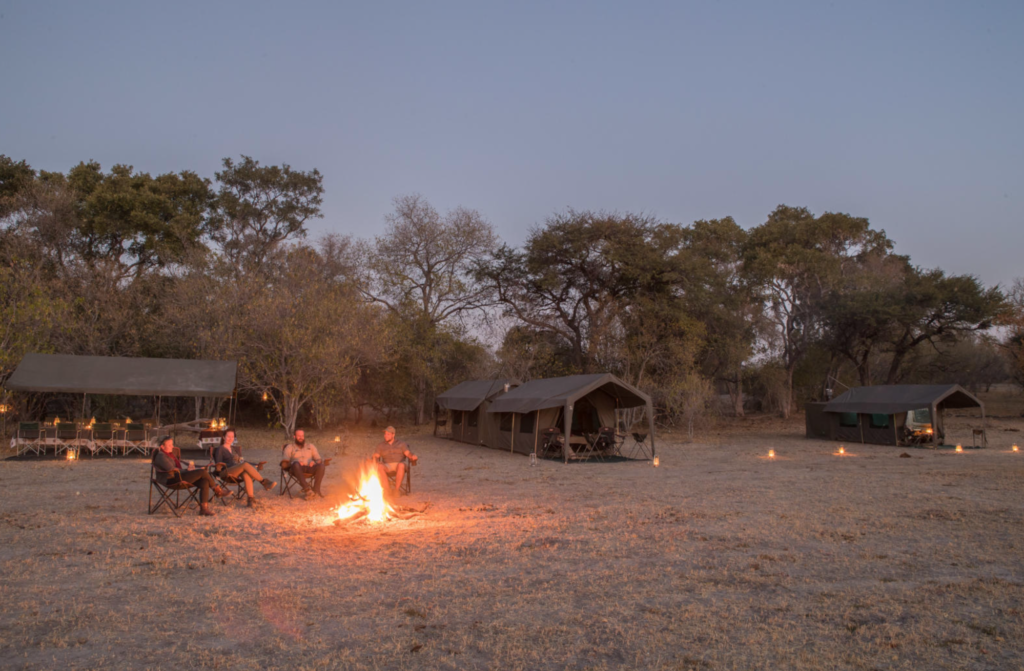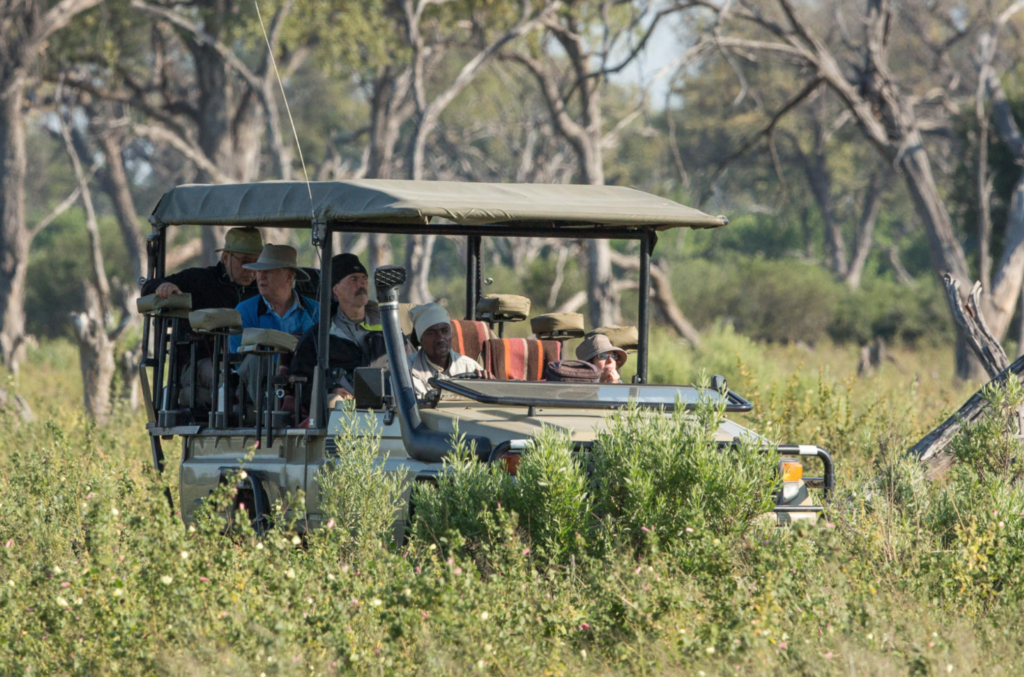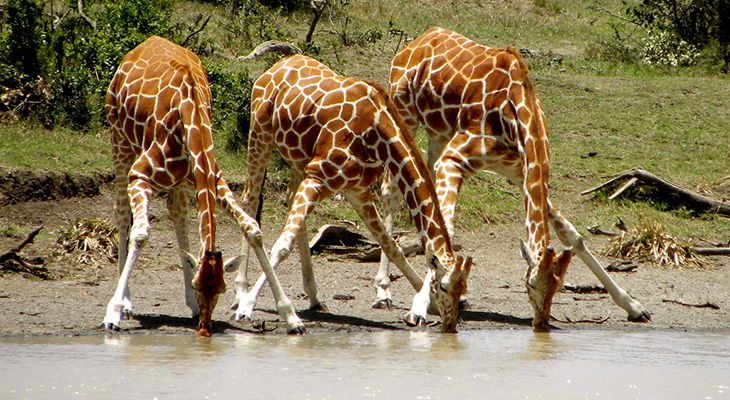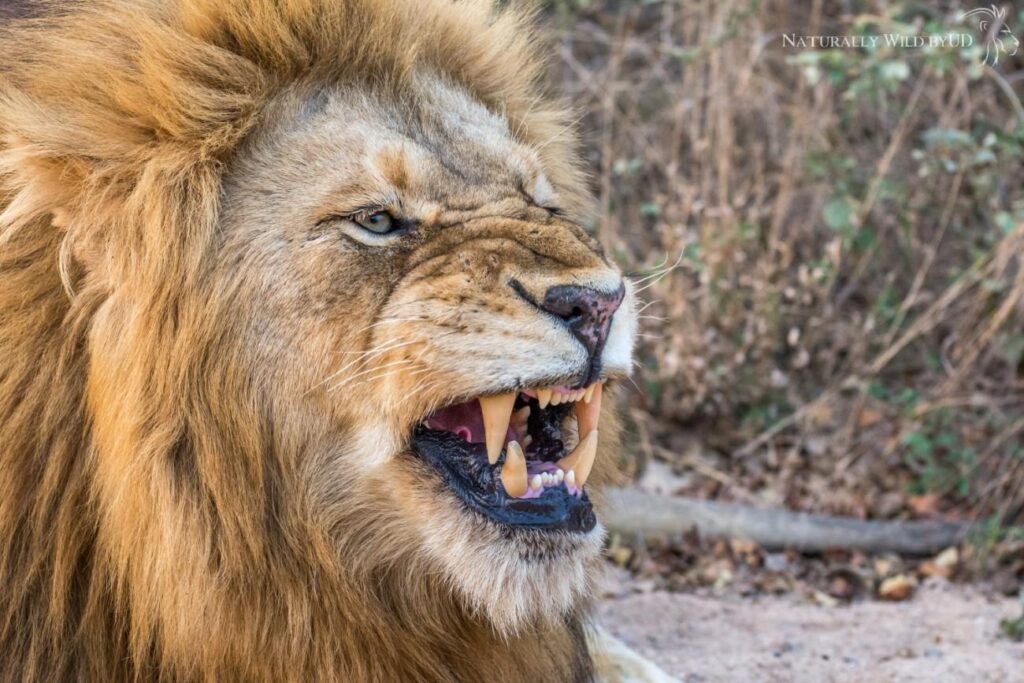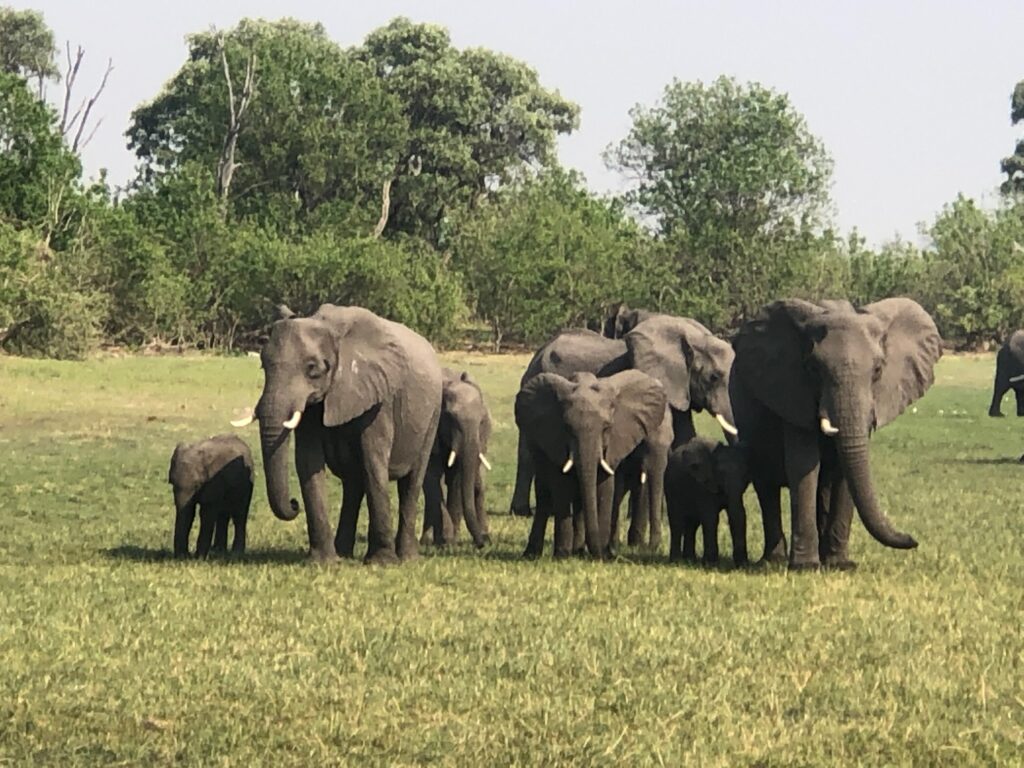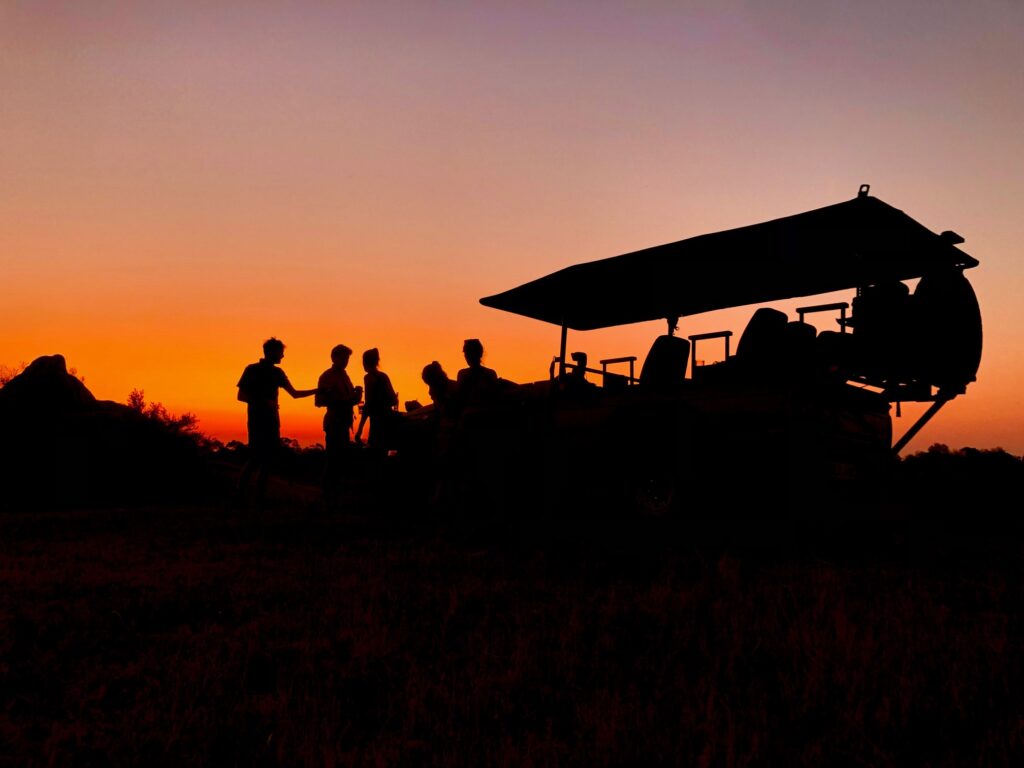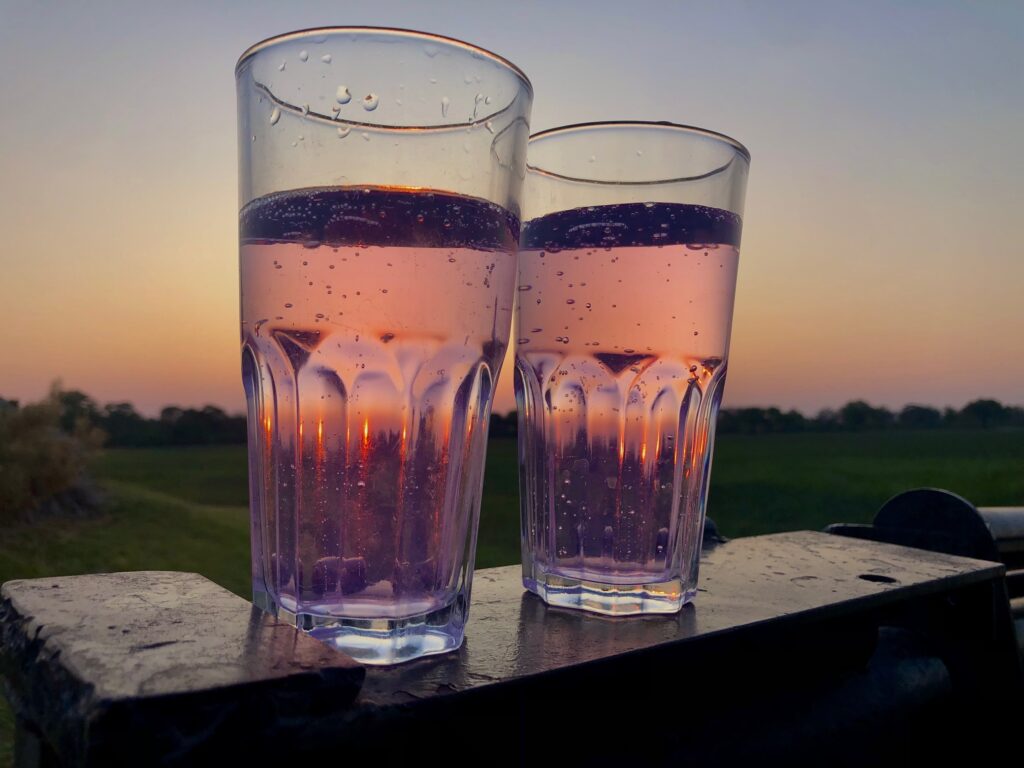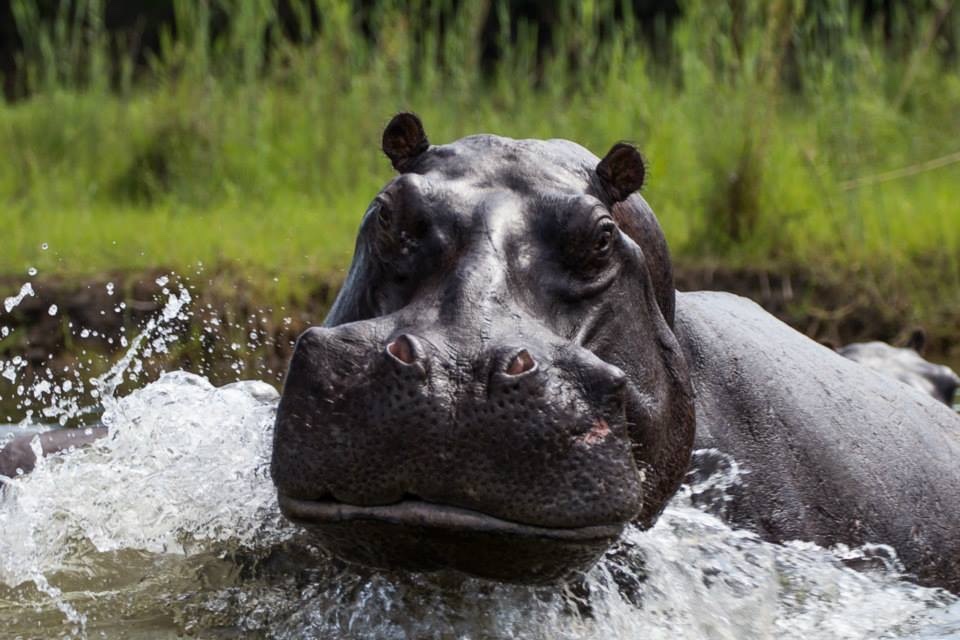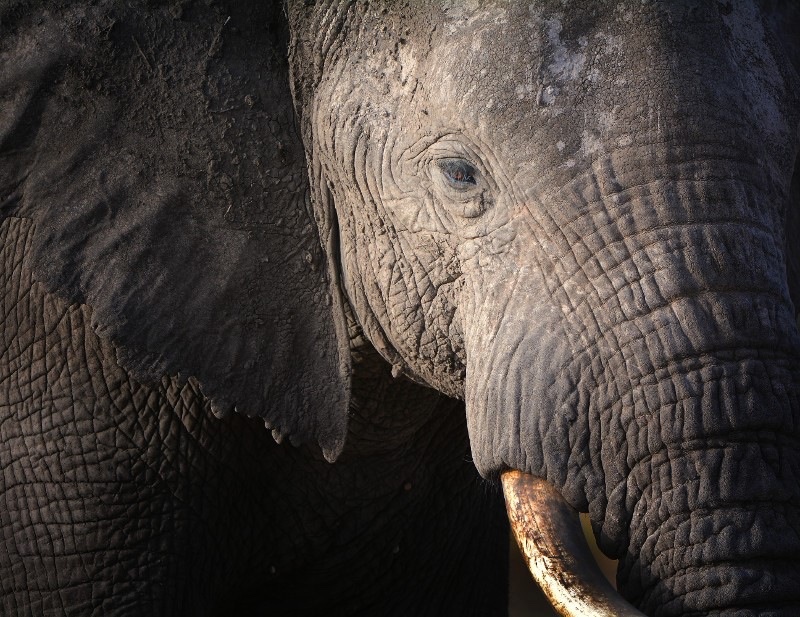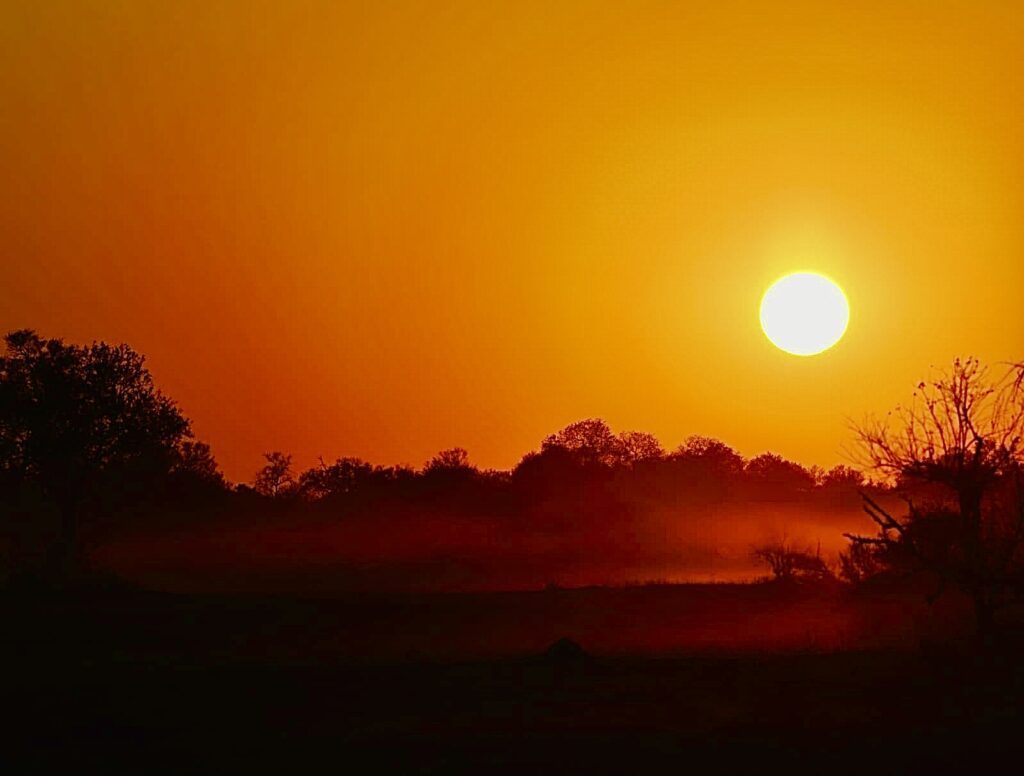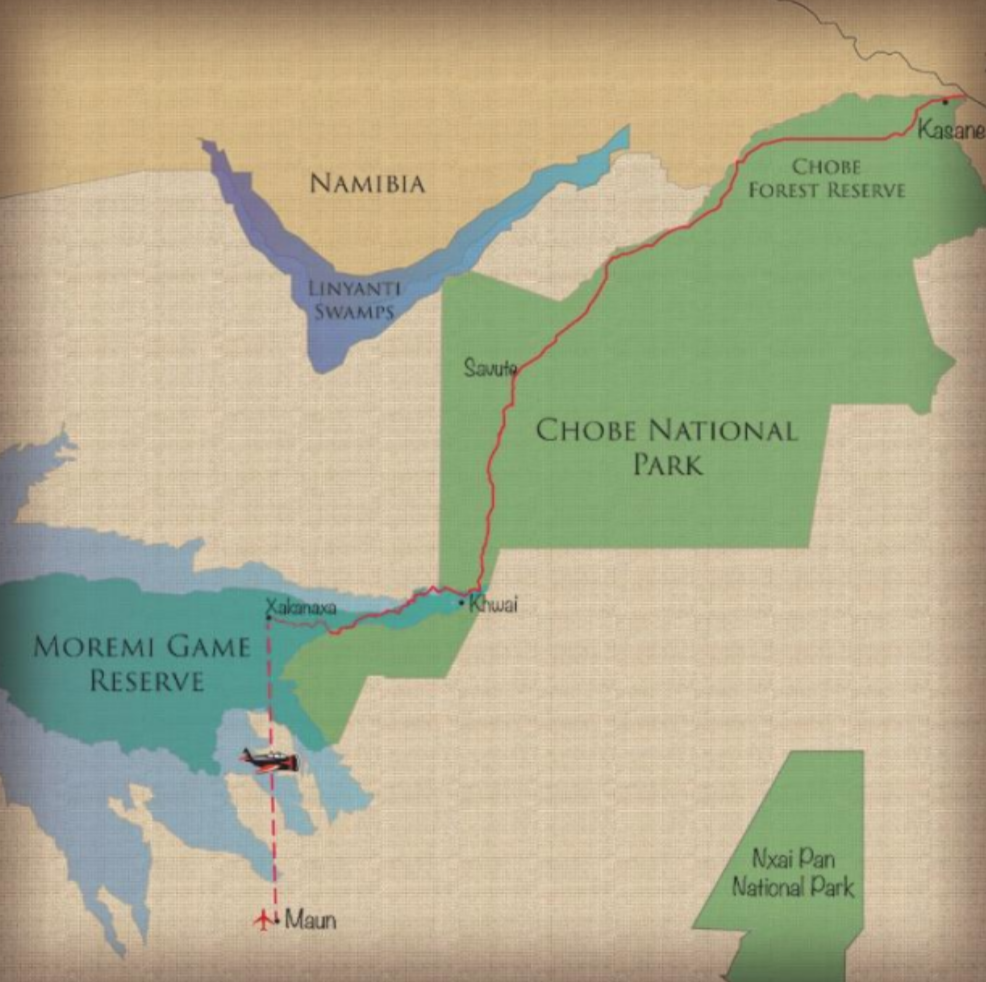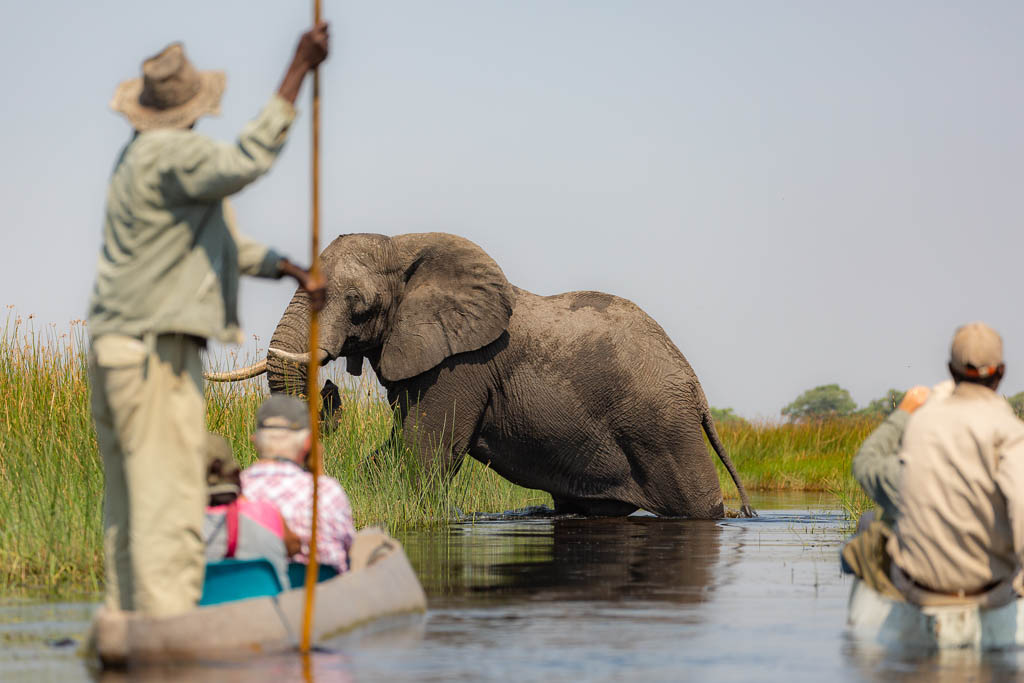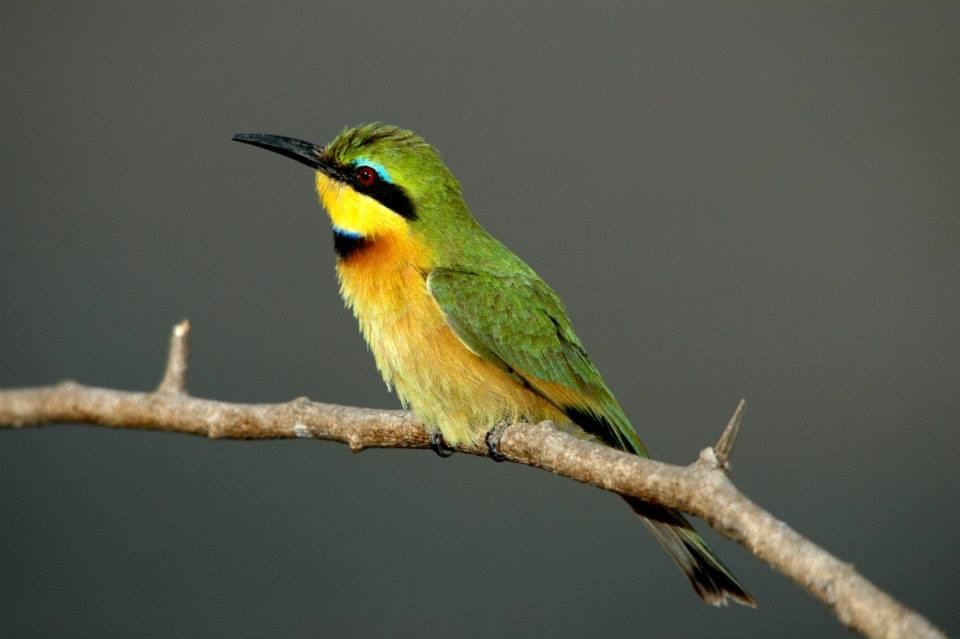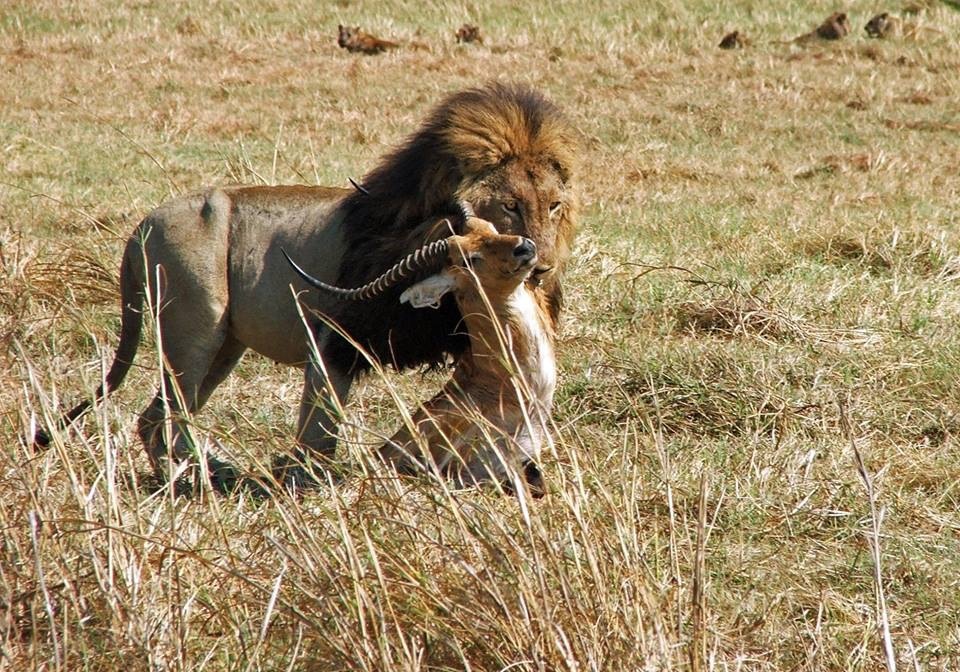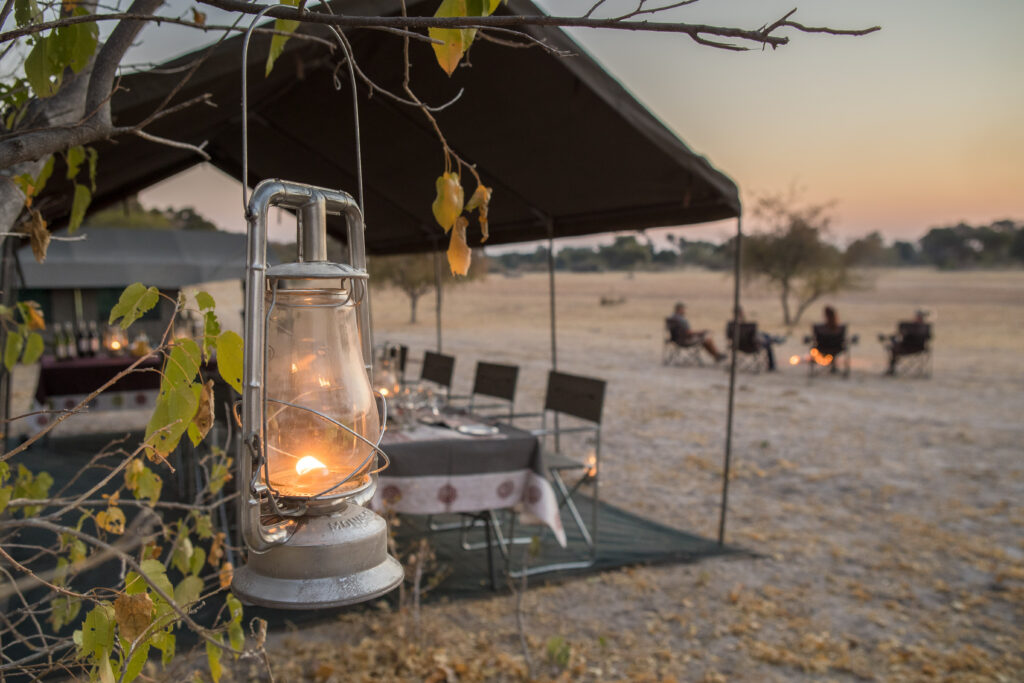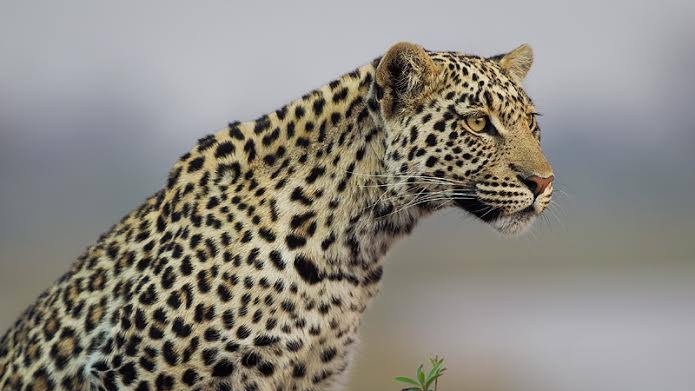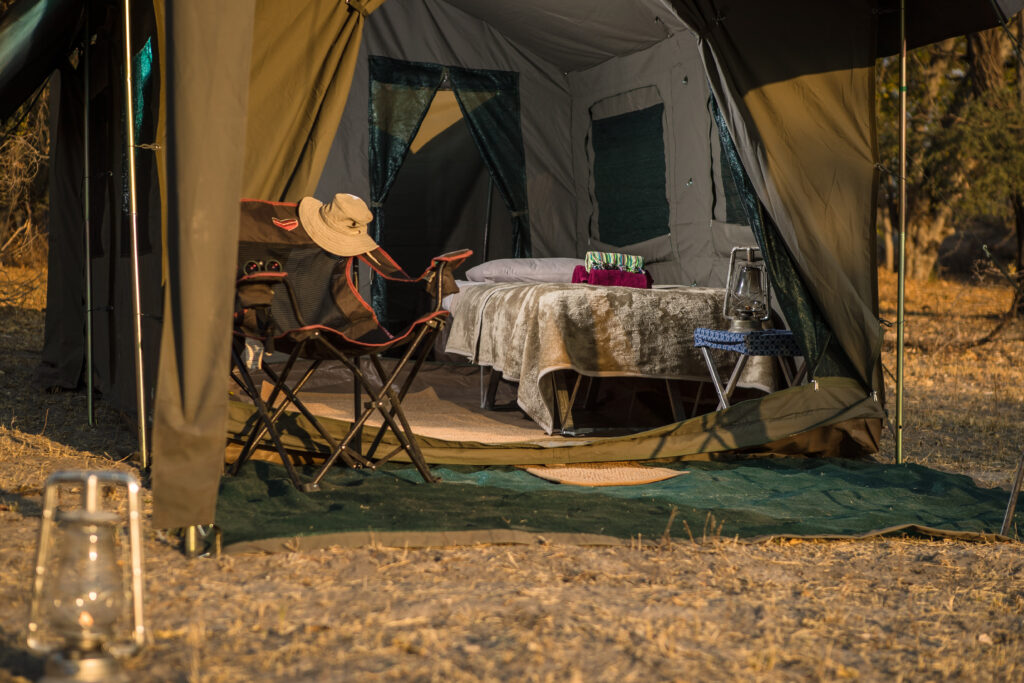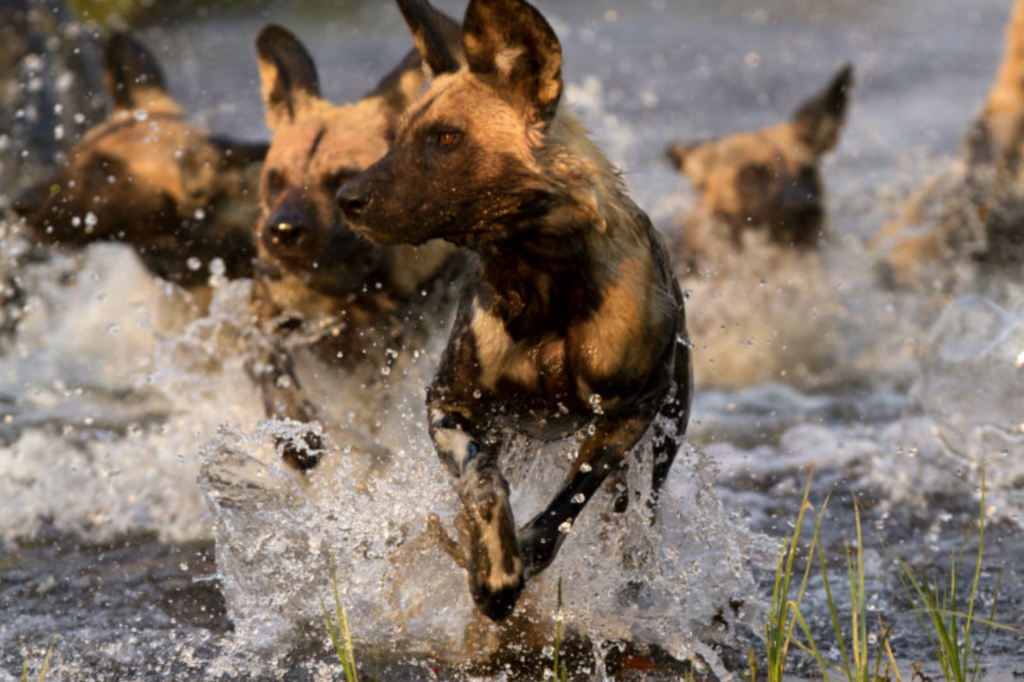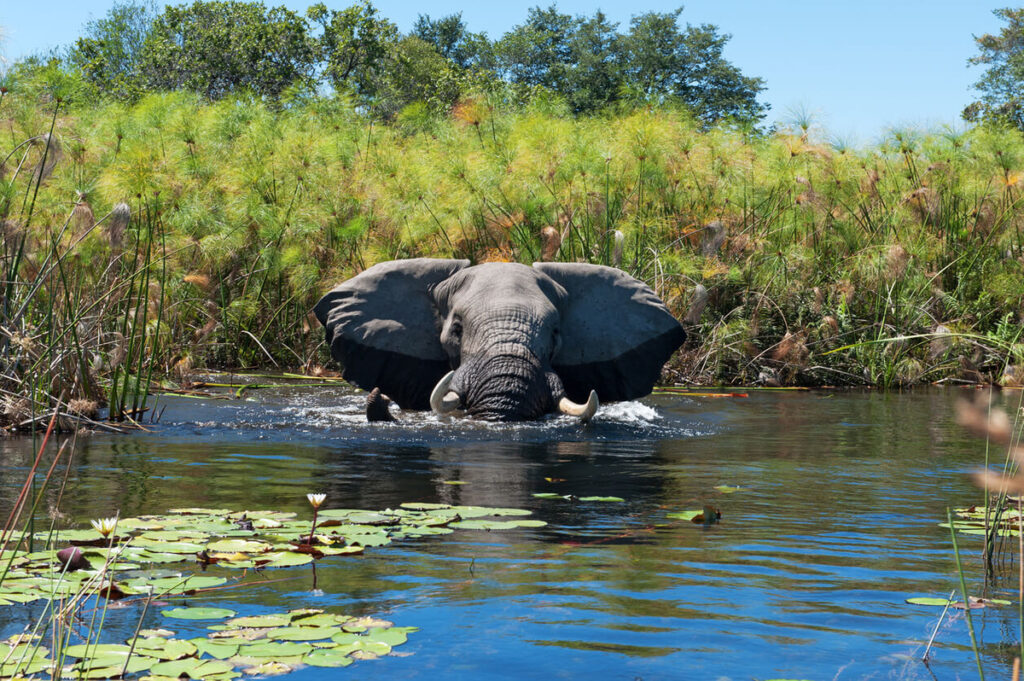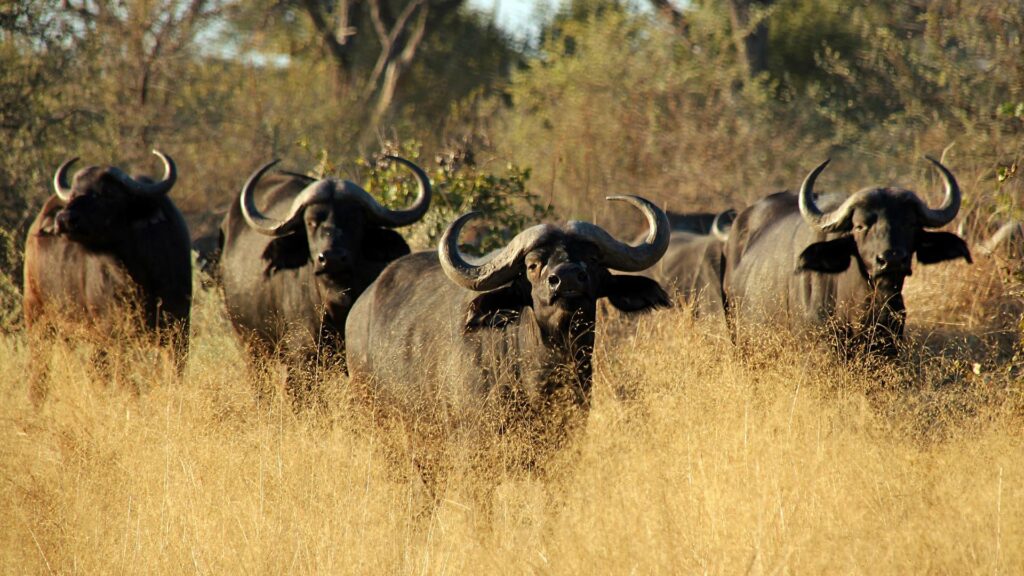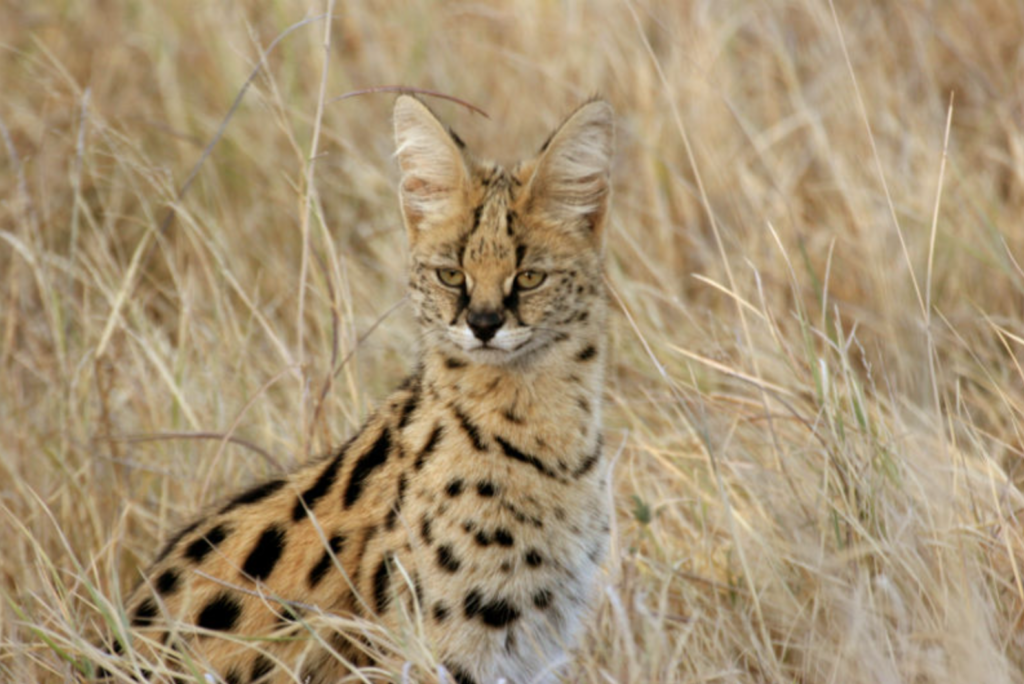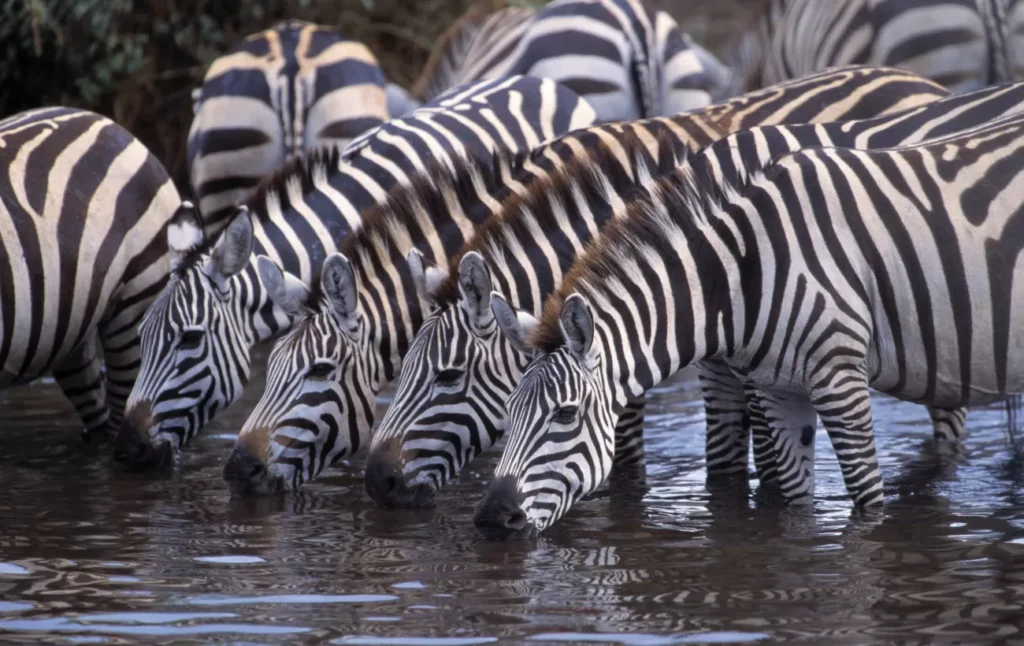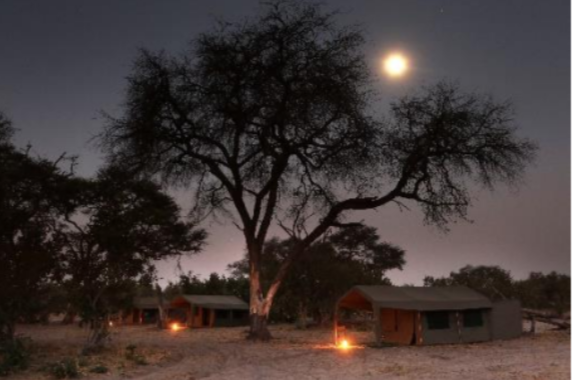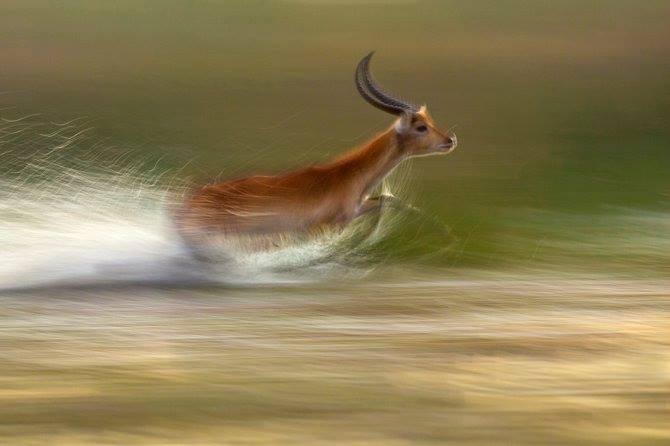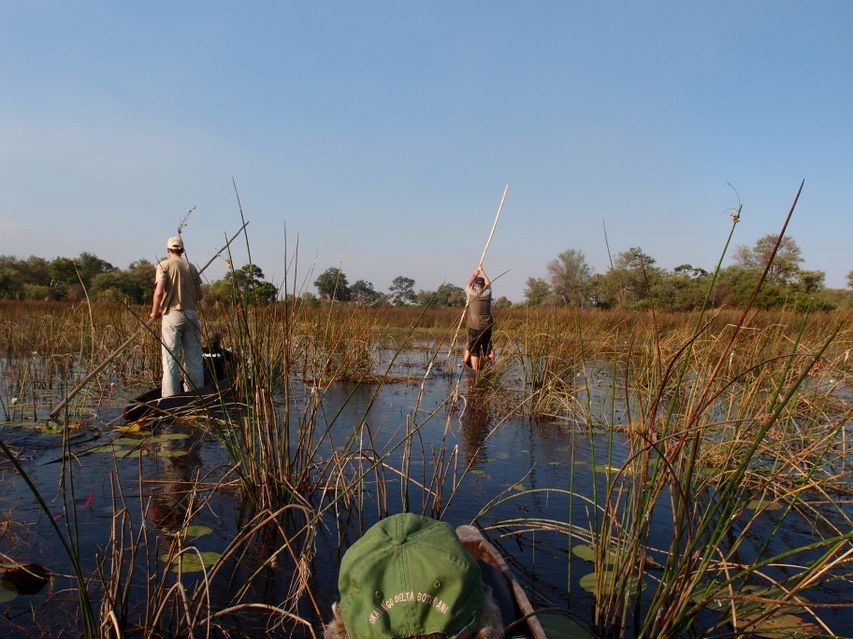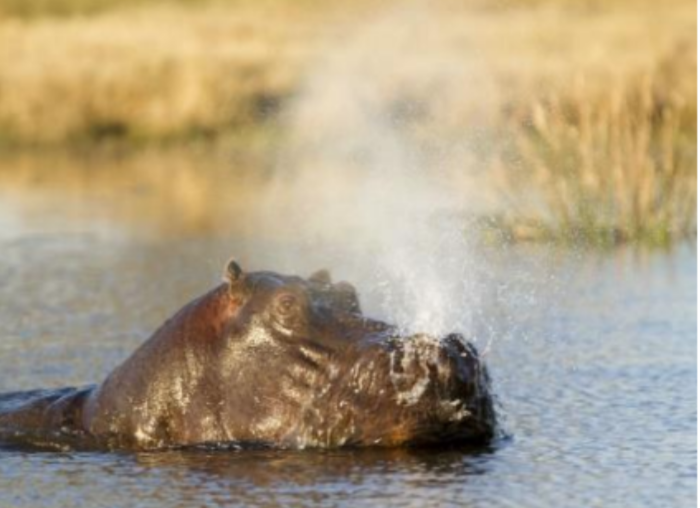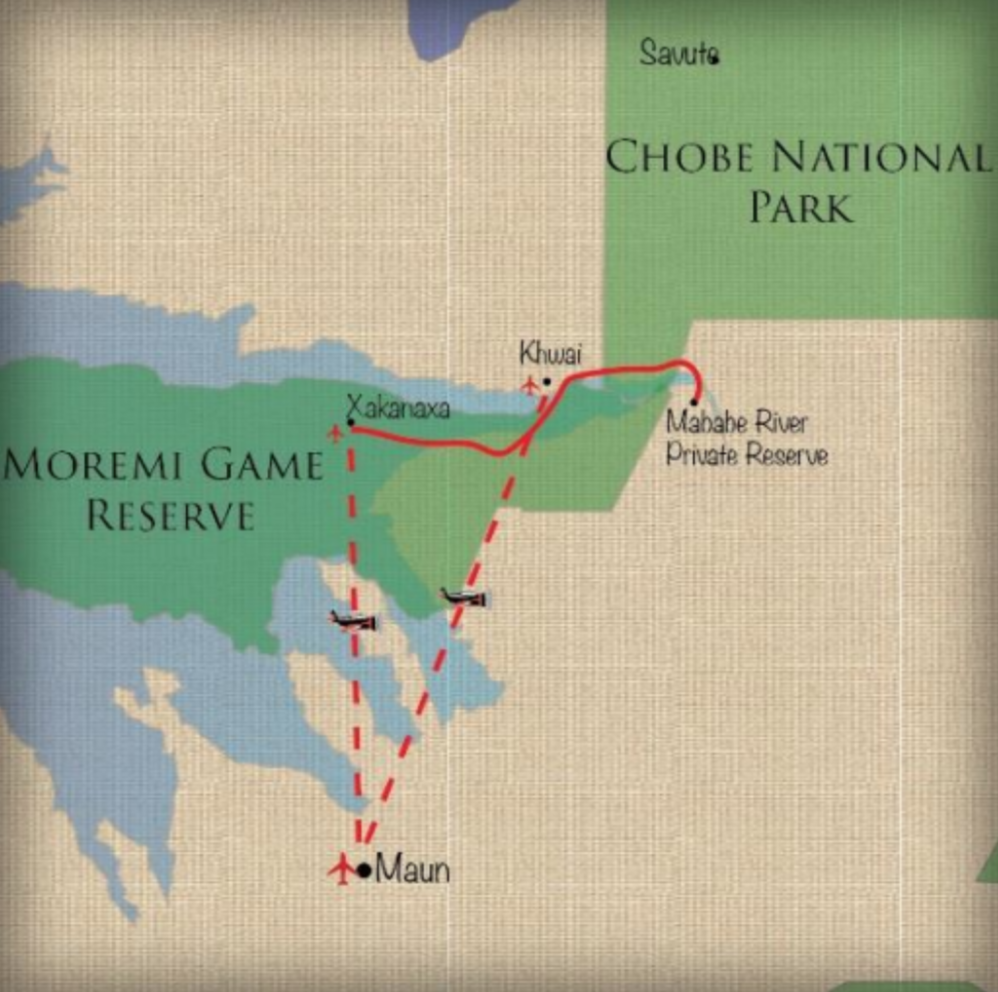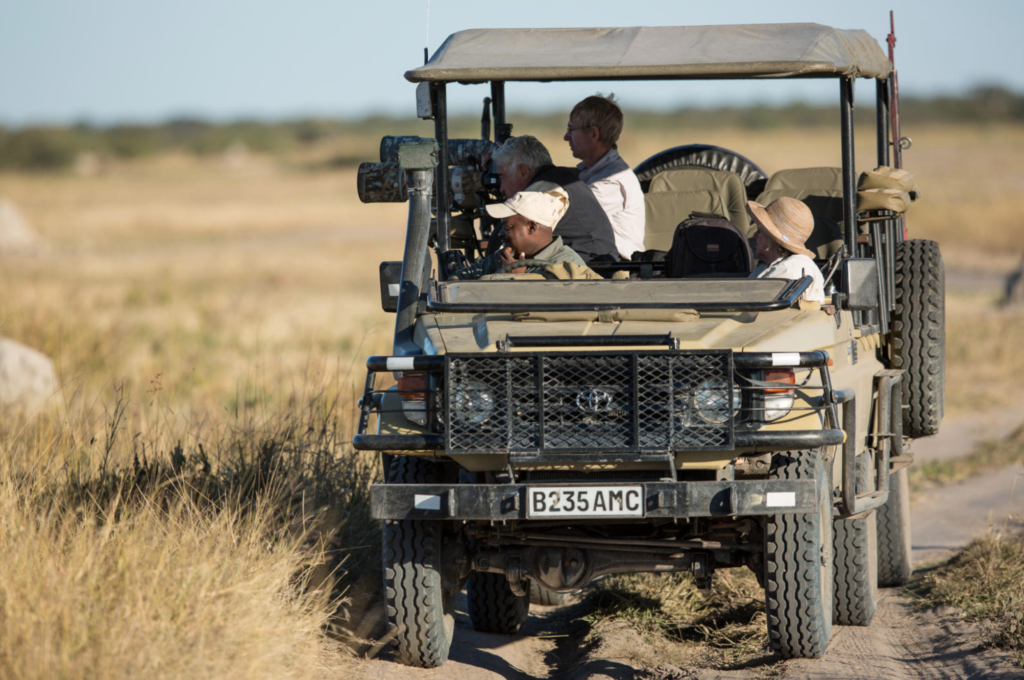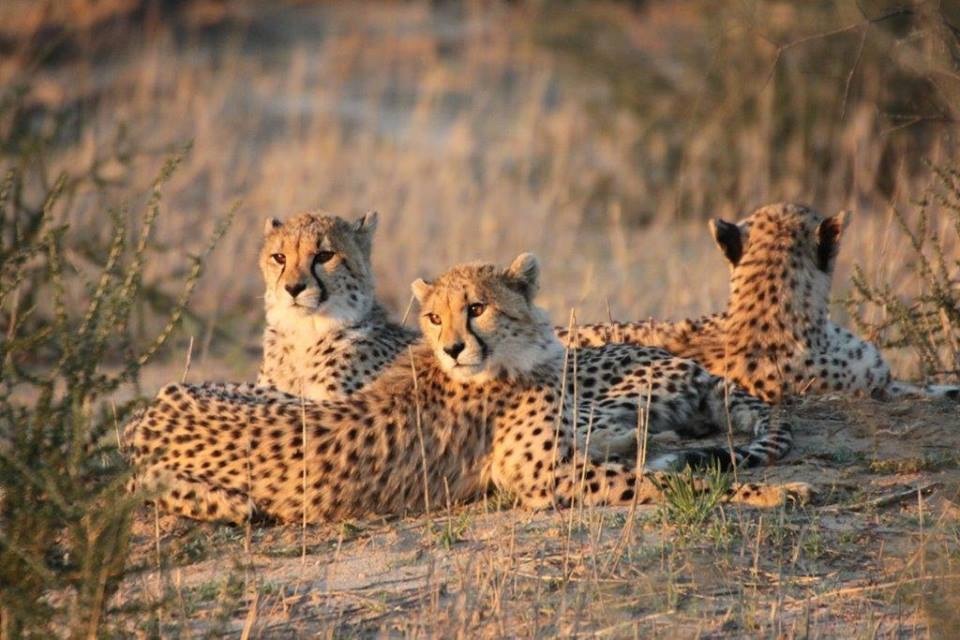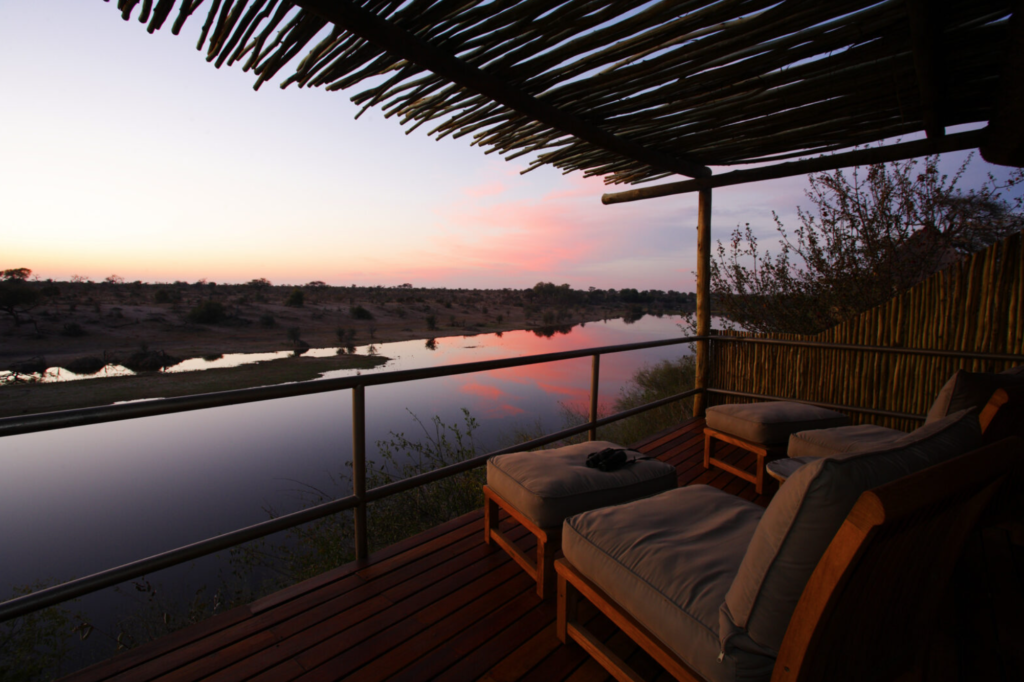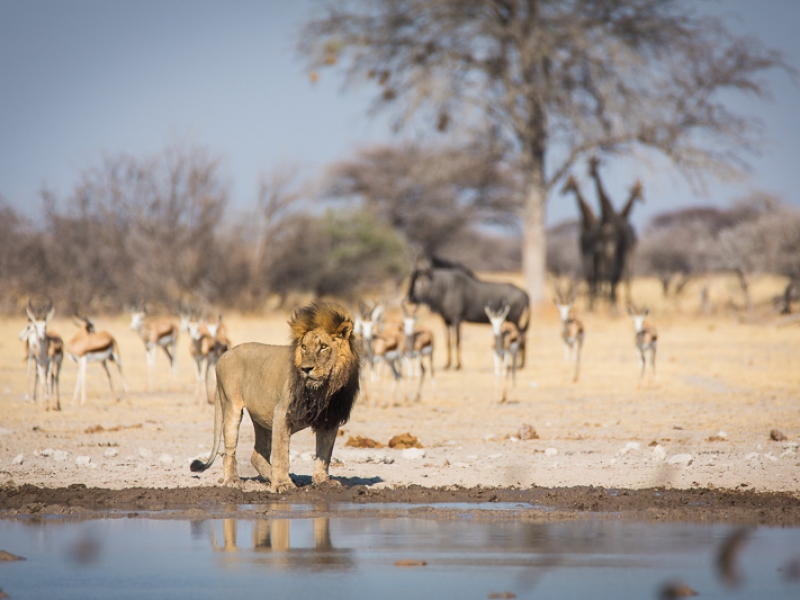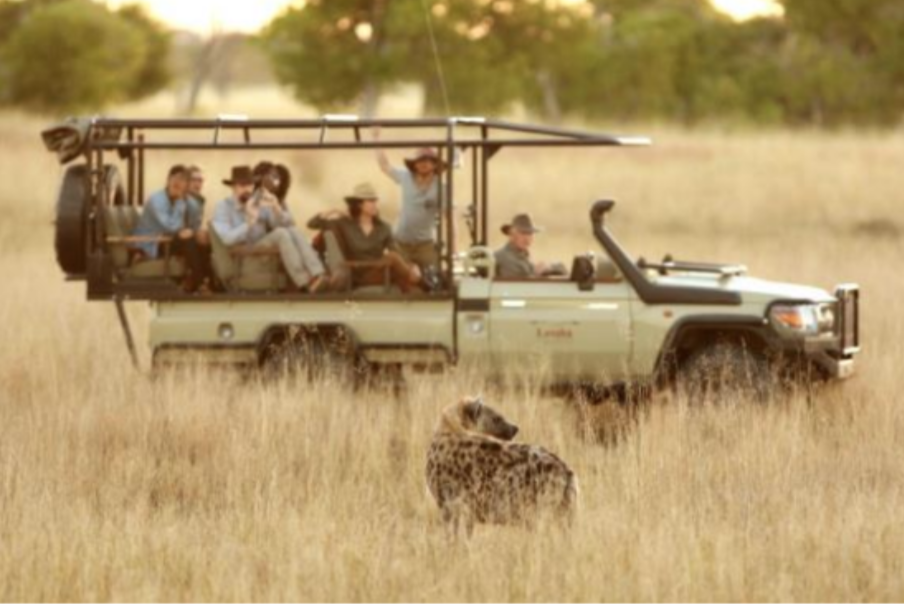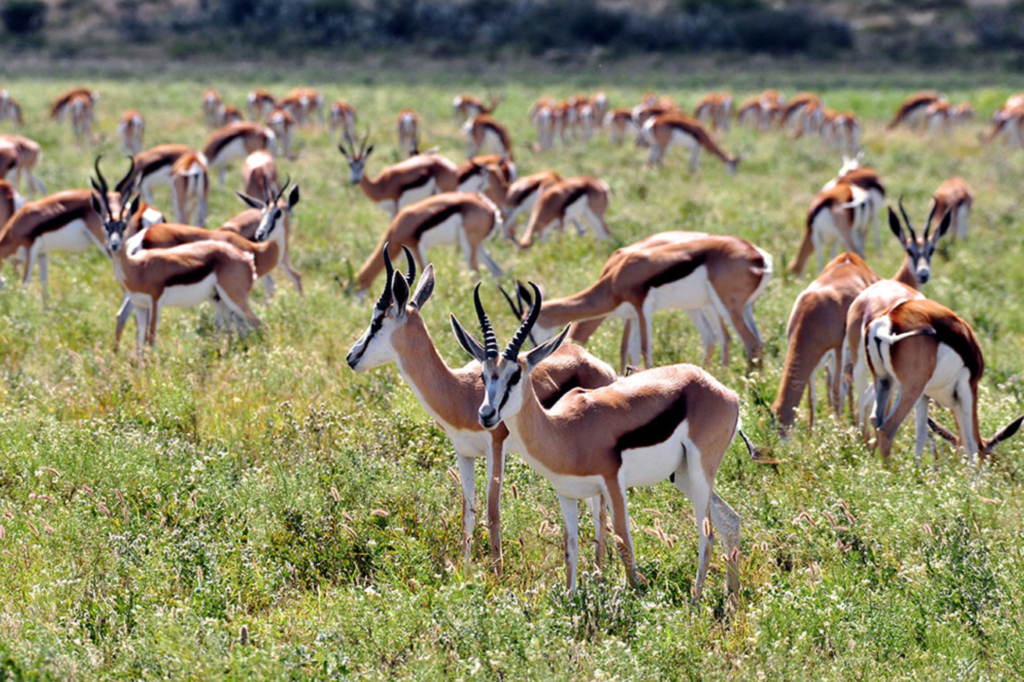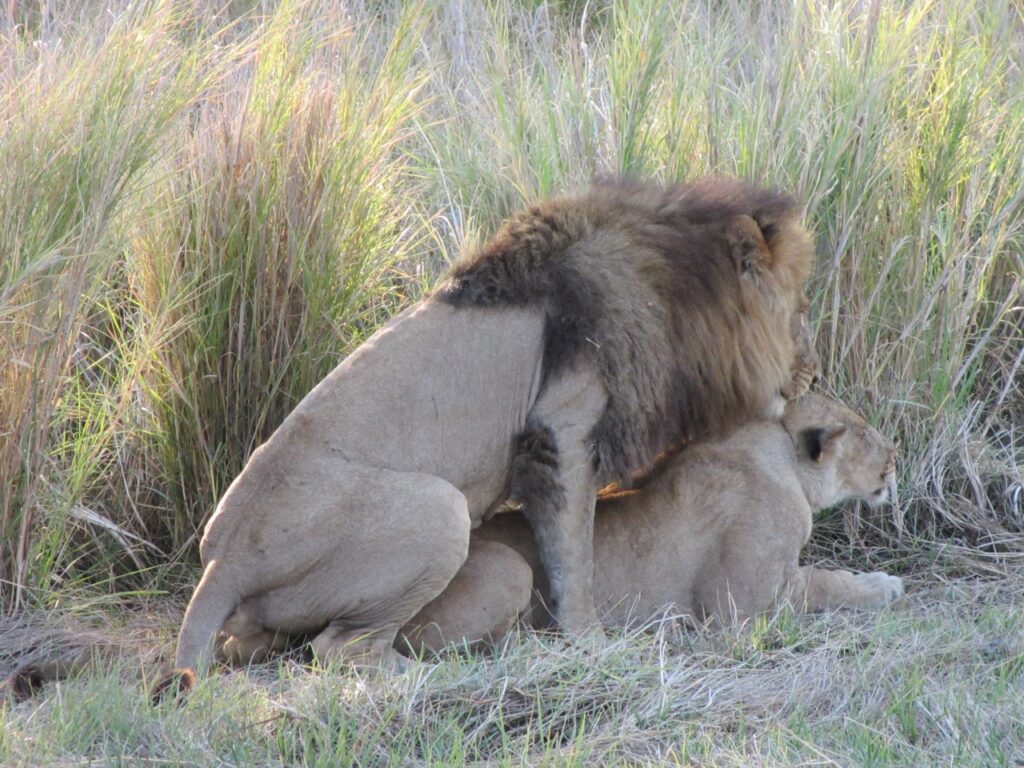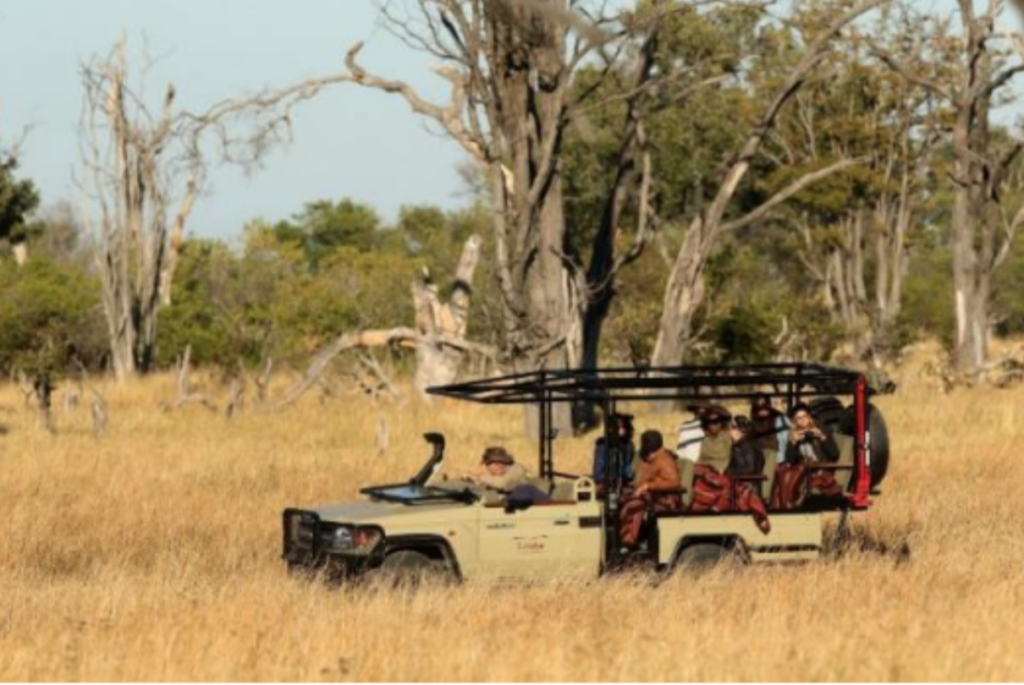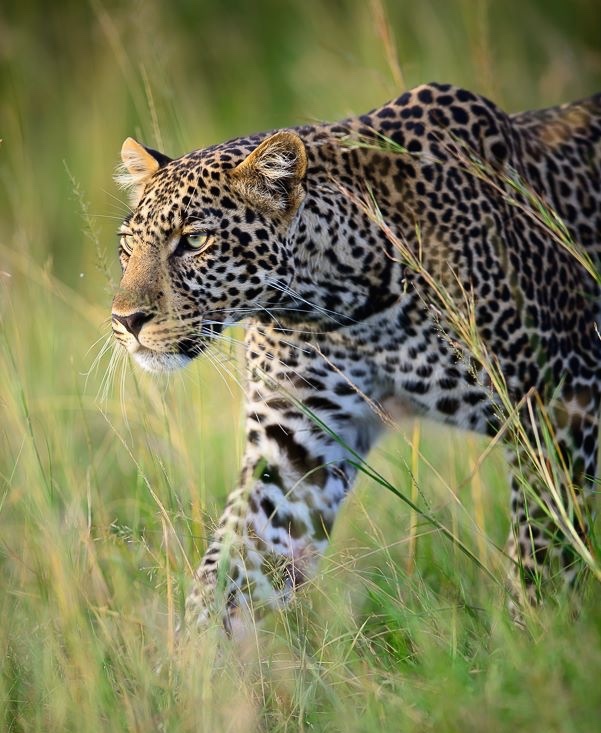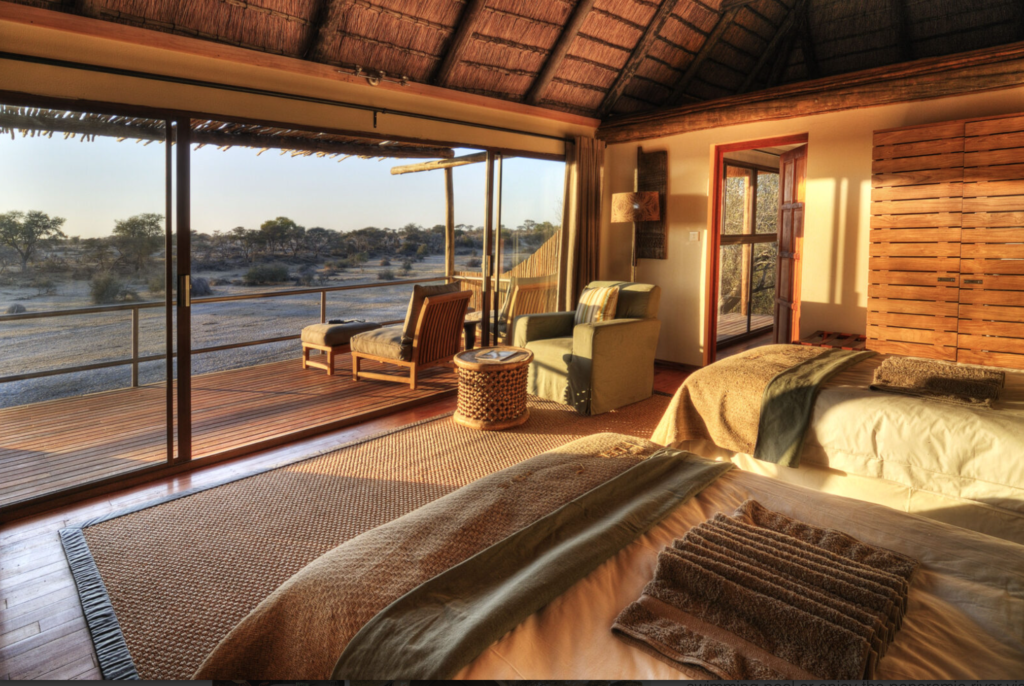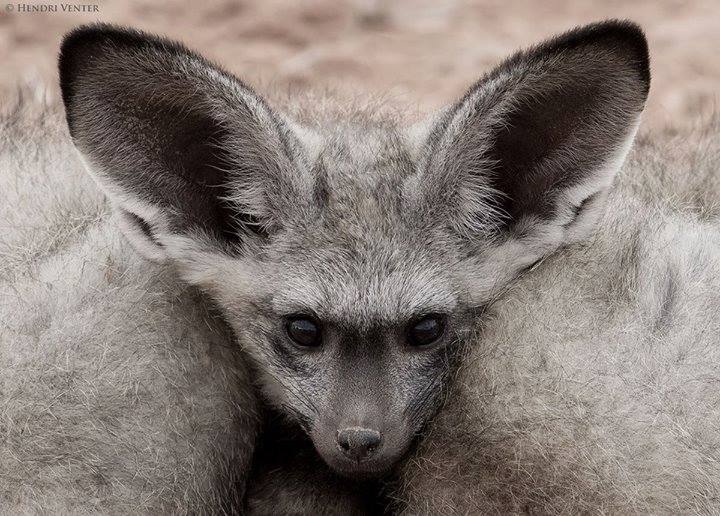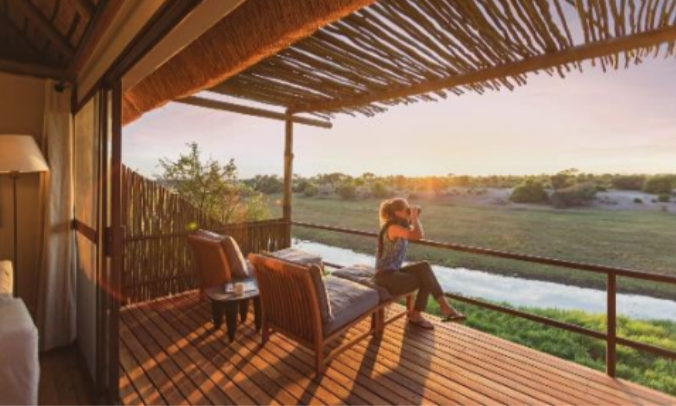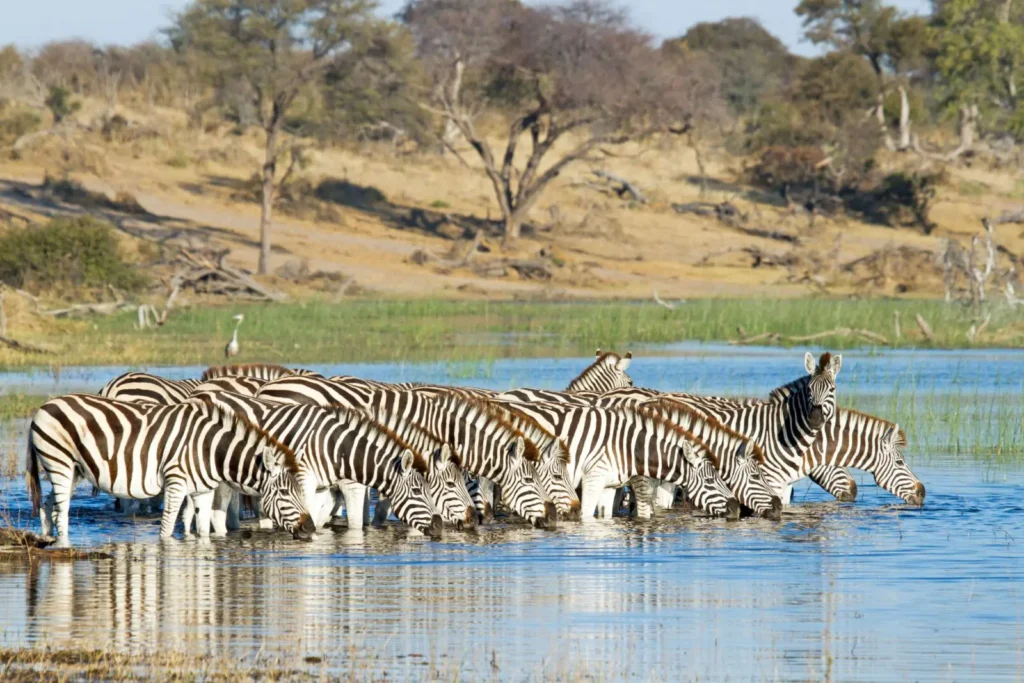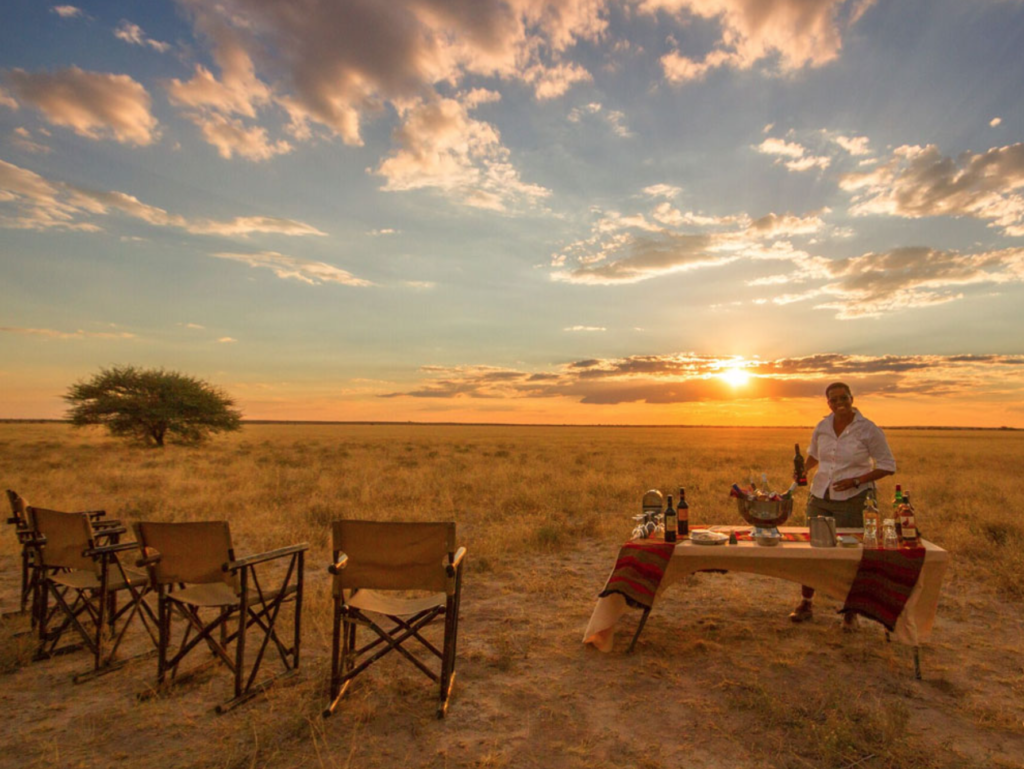Join one of Our Scheduled Safaris
| TRIP DATES | AVAILABILITY | PRICE | SPACE LEFT | |
|---|---|---|---|---|
| 27 April 2024 - 6 May 2024 | Available | $5,595 |
7 Available
|
|
| 30 April 2024 - 9 May 2024 | Available | $5,595 |
7 Available
|
|
| 4 May 2024 - 13 May 2024 | Available | $5,595 |
7 Available
|
|
| 7 May 2024 - 16 May 2024 | Available | $5,595 |
7 Available
|
|
| 11 May 2024 - 20 May 2024 | Available | $5,595 |
7 Available
|
|
| 14 May 2024 - 23 May 2024 | Available | $5,595 |
7 Available
|
|
| 18 May 2024 - 27 May 2024 | Available | $5,595 |
7 Available
|
|
| 21 May 2024 - 30 May 2024 | Available | $5,595 |
7 Available
|
|
| 25 May 2024 - 3 June 2024 | Available | $5,595 |
7 Available
|
|
| 28 May 2024 - 6 June 2024 | Available | $5,595 |
7 Available
|
|
| 1 June 2024 - 10 June 2024 | Available | $5,595 |
7 Available
|
|
| 4 June 2024 - 13 June 2024 | Available | $5,595 |
7 Available
|
|
| 8 June 2024 - 17 June 2024 | Available | $5,595 |
7 Available
|
|
| 11 June 2024 - 20 June 2024 | Available | $5,595 |
7 Available
|
|
| 28 June 2024 - 7 July 2024 | Available | $6,395 |
7 Available
|
|
| 29 June 2024 - 8 July 2024 | Available | $6,395 |
7 Available
|
|
| 5 July 2024 - 14 July 2024 | Available | $6,395 |
7 Available
|
|
| 6 July 2024 - 15 July 2024 | Available | $6,395 |
7 Available
|
|
| 12 July 2024 - 21 July 2024 | Available | $6,395 |
7 Available
|
|
| 13 July 2024 - 22 July 2024 | Available | $6,395 |
7 Available
|
|
| 19 July 2024 - 28 July 2024 | Available | $6,395 |
7 Available
|
|
| 20 July 2024 - 29 July 2024 | Available | $6,395 |
7 Available
|
|
| 26 July 2024 - 4 August 2024 | Available | $6,395 |
7 Available
|
|
| 27 July 2024 - 5 August 2024 | Available | $6,395 |
7 Available
|
|
| 2 August 2024 - 11 August 2024 | Available | $6,395 |
7 Available
|
|
| 3 August 2024 - 12 August 2024 | Available | $6,395 |
7 Available
|
|
| 9 August 2024 - 18 August 2024 | Available | $6,395 |
7 Available
|
|
| 10 August 2024 - 19 August 2024 | Available | $6,395 |
7 Available
|
|
| 16 August 2024 - 25 August 2024 | Available | $6,395 |
7 Available
|
|
| 17 August 2024 - 26 August 2024 | Available | $6,395 |
7 Available
|
|
| 23 August 2024 - 1 September 2024 | Available | $6,395 |
7 Available
|
|
| 24 August 2024 - 2 September 2024 | Available | $6,395 |
7 Available
|
|
| 30 August 2024 - 8 September 2024 | Available | $6,395 |
7 Available
|
|
| 31 August 2024 - 9 September 2024 | Available | $6,395 |
7 Available
|
|
| 6 September 2024 - 15 September 2024 | Available | $6,395 |
7 Available
|
|
| 7 September 2024 - 16 September 2024 | Available | $6,395 |
7 Available
|
|
| 13 September 2024 - 22 September 2024 | Available | $6,395 |
7 Available
|
|
| 14 September 2024 - 23 September 2024 | Available | $6,395 |
7 Available
|
|
| 20 September 2024 - 29 September 2024 | Available | $6,395 |
7 Available
|
|
| 21 September 2024 - 30 September 2024 | Available | $6,395 |
7 Available
|
|
| 27 September 2024 - 6 October 2024 | Available | $6,395 |
7 Available
|
|
| 28 September 2024 - 7 October 2024 | Available | $6,395 |
7 Available
|
|
| 4 October 2024 - 13 October 2024 | Available | $6,395 |
7 Available
|
|
| 5 October 2024 - 14 October 2024 | Available | $6,395 |
7 Available
|
|
| 11 October 2024 - 20 October 2024 | Available | $6,395 |
7 Available
|
|
| 12 October 2024 - 21 October 2024 | Available | $6,395 |
7 Available
|
|
| 18 October 2024 - 27 October 2024 | Available | $6,395 |
7 Available
|
|
| 19 October 2024 - 28 October 2024 | Available | $6,395 |
7 Available
|
|
| 25 October 2024 - 3 November 2024 | Available | $6,395 |
7 Available
|
|
| 26 October 2024 - 4 November 2024 | Available | $6,395 |
7 Available
|
Summary
You can book this fully catered and guided mobile tented safari in two different travel directions. You either start in Maun and will travel in a northern direction towards Kasane or the other way around, so starting in Kasane, traveling south and ending your scheduled trip with us in Maun. You will stay in our fully serviced en-suite tented accommodation and our guides will guide you through some of Botswana’s beautiful, wild and most pristine wildlife areas.
Highlights
- Charter flight over the Okavango Delta
- The beauty of the Moremi Game Reserve
- Exploring the fringes of the Okavango Delta by mokoro (traditional canoe)
- The tranquil freedom of the Mababe Private Reserve
- A bush walk in Mababe Private Reserve (seasonal based as rains and grass height determine safety)
- Chobe National Park (Central and River Front) home of large herds of elephant and buffalo
- Boat cruise on the Chobe River
- Optional safari extensions: Popular requests include the Central Kalahari Desert, Kasane and Victoria Falls. Or a few days in one or two of the luxury lodges in the Okavango Delta.
- Please let us know about your safari extensions in the enquiry form below.
Want to read it later?
Download this safari's brochure and continue your planning offline.
Close
Almost there!
Please enter your email address and click the button below to have your safari itinerary sent directly to your email address.
